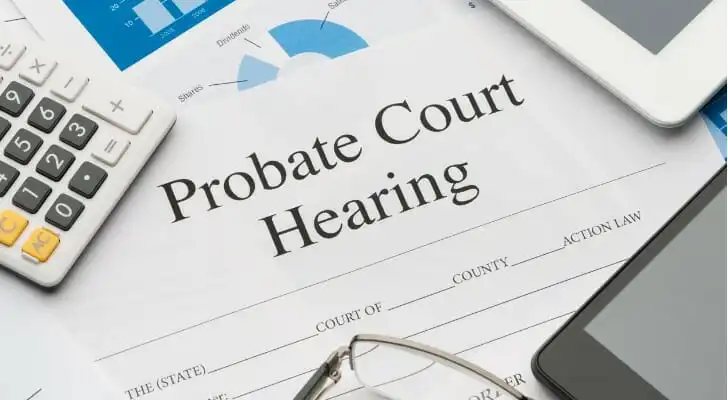Common Misconceptions About Probate Court
Many individuals hold misconceptions about probate court, often believing it to be an overly complicated and lengthy process. In reality, while probate can involve intricate legal requirements, understanding the basics can significantly demystify the experience for those involved.
For instance, some may think that all estates must go through probate, but this is not always the case. Certain assets, like those held in a trust or joint ownership properties, can bypass the probate process entirely, saving time and potential legal fees.
Steps to Prepare for a Probate Hearing
Preparing for a probate hearing is crucial for ensuring a smooth process. Individuals should gather all necessary documents, including the will, death certificate, and any relevant financial records. This preparation helps present a clear case to the court.
Additionally, consulting with a probate attorney can provide guidance on specific requirements in your jurisdiction, ensuring that all paperwork is filed correctly and on time. Proper preparation can lead to more favorable outcomes during the hearing.
Understanding the Role of the Executor in Probate
The executor plays a vital role in the probate process, acting as the representative of the deceased's estate. This individual is responsible for managing the estate’s assets, paying debts, and distributing property according to the will.
It’s essential for executors to understand their duties and the legal obligations they must fulfill. This includes maintaining accurate records of all transactions and communicating effectively with beneficiaries to avoid disputes and ensure transparency throughout the process.
Resources for Navigating Probate Issues
There are numerous resources available for individuals navigating probate issues. From legal aid organizations to online guides, these resources can provide valuable information and support during a challenging time.
Many law offices, including the Law Office of Bryan Fagan, offer free consultations and informative articles that can help clients understand their rights and responsibilities in probate matters, making the process less daunting.

